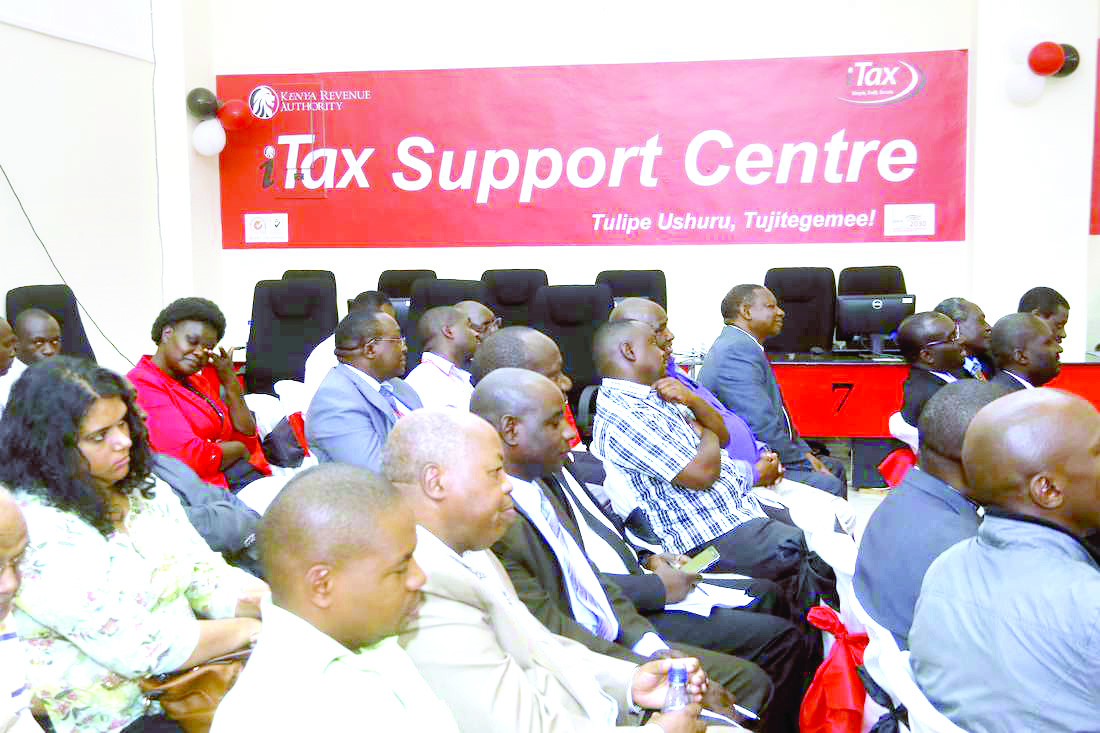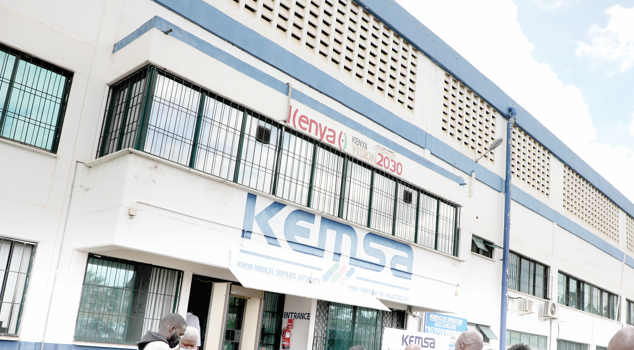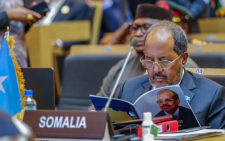Why State seeks to raise more revenue by taxing citizens

Kenyans should brace for increased taxation after President William Ruto decried the country’s low revenue-to-gross domestic product (GDP) ratio relative to her peers. In an interview aired on Sunday, President William Ruto expressed concerns over the low revenue-to-GDP ratio, indicating that the country may face higher taxation.
According to Ruto, Kenya’s tax revenue currently stands at 14 per cent, significantly lower than other nations such as Morocco, Tunisia, and South Africa, which have ratios exceeding 20 per cent.
Additionally, Ruto highlighted the tax-to-GDP ratios of France and Turkey, which surpass 40 per cent and 25 per cent, respectively. “I want to tell my countrymen and women that we are not over taxing ourselves. When Kibaki came to power we were collecting about Sh200 billion, when he left we were collecting about Sh800 billion,” Ruto said.
“The real issue is that our tax as a percentage of GDP is still way below what our peers have,” Ruto added. President Ruto’s statement comes at a time when some Kenyans are concerned since they are grappling with the high cost of living and rising tax in the proposed budget statement.
Kenyans on salaries expect to start paying 3 per cent of their pay to the government’s affordable housing programme. The President, however, says it is not a tax but a saving. The budget also proposes to increase value added tax (VAT) on petrol to 16 per cent from 8 per cent.
Ruto’s comparison with countries like Morocco, Tunisia, and South Africa highlights the need for Kenya to improve its revenue generation mechanisms.
It emphasizes the urgent need for the government to explore avenues for boosting tax collection in order to fund vital public services and development projects.
The president’s reference to Morocco is particularly noteworthy, as its tax-to-GDP ratio in 2020 was 28.3 per cent, significantly higher than the average of 16.0 per cent for the 31 African countries covered in Revenue Statistics in Africa 2022.
This indicates that Kenya has substantial room for improvement in tax revenue generation, especially compared to its African counterparts.
Revenue shortfall
Increased taxation may be a necessary step to address the revenue shortfall in Kenya. However, it is essential for the government to strike a balance between revenue generation and the burden placed on citizens and businesses. The implementation of any new tax measures should be carefully considered to avoid stifling economic growth and increasing the already significant tax burden faced by Kenyans.
It is also crucial for the government to ensure transparency and accountability in the utilisation of tax revenues.
Citizens need reassurance that their increased contributions will be effectively and efficiently utilised for the betterment of the country, including the provision of essential services such as healthcare, education, and infrastructure development.
As Kenyans brace for the possibility of increased taxation, it is crucial for the government to engage in extensive consultations with various stakeholders, including businesses and citizens’ groups.
This collaborative approach can help foster a better understanding of the challenges faced by both the government and the taxpayers, leading to the formulation of well-informed and equitable tax policies.
President Ruto’s remarks regarding Kenya’s low revenue-to-GDP ratio have drawn attention to the need for increased taxation in the country. While higher tax collection may be necessary to fund essential public services and development projects, the government must carefully consider the impact on citizens and the economy.
Transparency, accountability, and stakeholder consultations should be prioritised to ensure the effective utilisation of tax revenues and to mitigate any potential negative effects on the economy and the well-being of Kenyan citizens.










